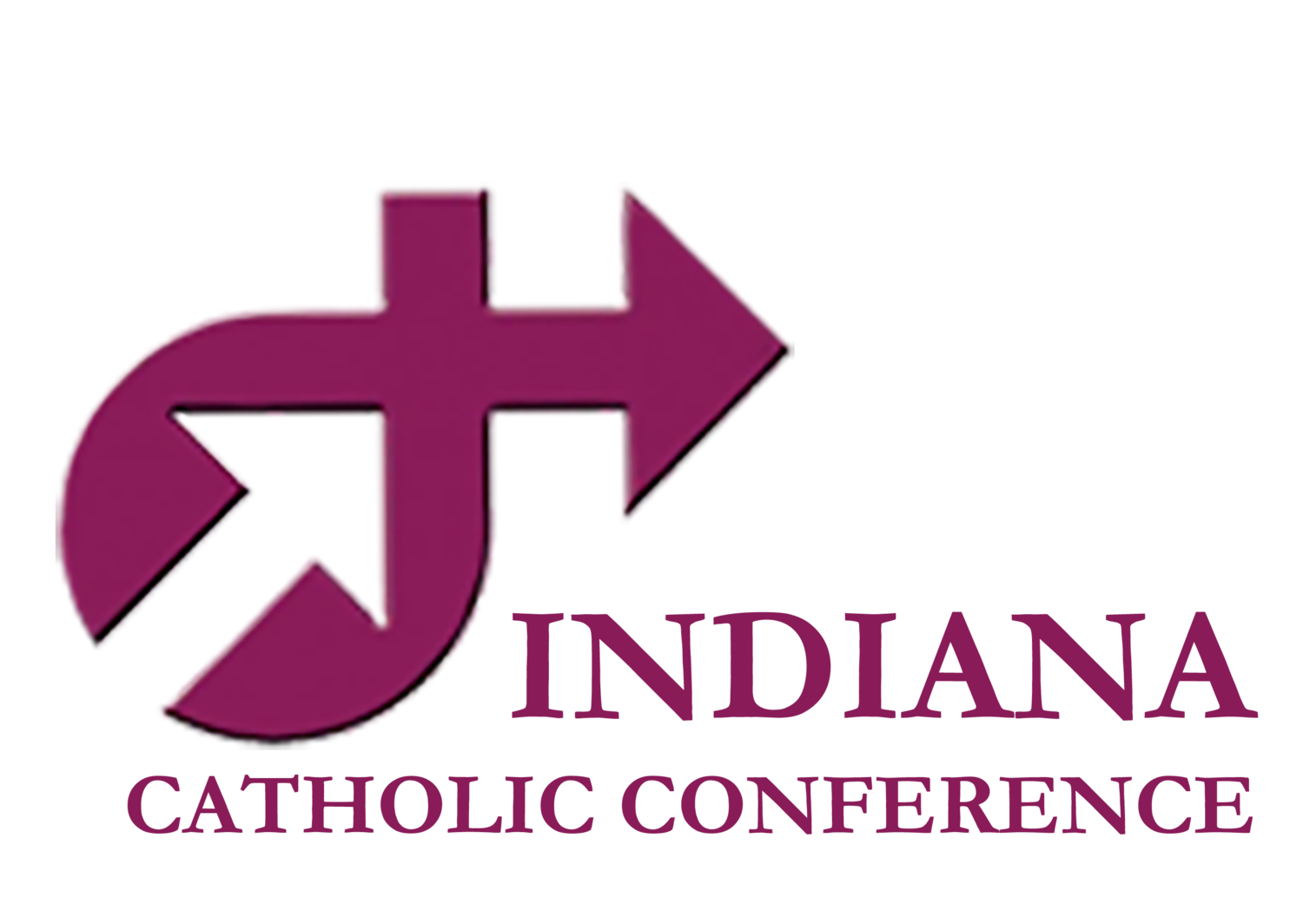ICC Calls on Legislators to Oppose Predatory Lending Expansion
TO: Members of the Indiana House of Representatives
FROM: Indiana Catholic Conference
The Indiana Catholic Conference (ICC) asks that you oppose SB 352, as this bill expands predatory lending in Indiana without providing meaningful protections for vulnerable borrowers. The Church’s concern preferentially belongs to the working poor who are most often subjected to the subprime lending industry. In fact, the Church has for centuries expressed a strong condemnation of the practice of usury, which is the unjust charging of interest on a loan. In his encyclical letter, Caritas in Veritate, Pope Emeritus Benedict XVI wrote:
“… the regulation of the financial sector, so as to safeguard weaker parties and discourage scandalous speculation ... should be further explored and encouraged, highlighting the responsibility of the investor.… This is all the more necessary in these days when financial difficulties can become severe for many of the more vulnerable sectors of the population, who should be protected from the risk of usury and from despair. The weakest members of society should be helped to defend themselves against usury…. (no. 65)”
This is just one of many of the Church’s official condemnations of financial practices that burden the poor. The provisions in SB 352 are certainly no exception, because they demonstrably do not decrease the total amount of interest and fees for subprime installment loans allowable under current law. Specifically, SB 352 would expand finance charges and maintenance fees that distort the true cost of a loan. The bill would also allow lenders to aggressively push borrowers to refinance installment loans as often as possible. SB 352 eliminates existing subprime installment loans and replaces them with a new product that is exempt from the criminal loan sharing statute set at 72% APR, while leaving the existing payday loan product and statute in place. As a result, borrowers will be forced to take out multiple loans through multiple lenders to meet larger credit needs, also known as loan stacking. Additionally, SB 352 does not require lenders to report loans to credit bureaus, meaning borrowers receive no credit for successfully paying off a loan and demonstrating creditworthiness, further adding to the ‘debt trap’ cycle.
The Indiana Catholic Conference encourages the Indiana General Assembly to carefully explore options for capping the interest and extra fees allowed for these types of loans, as well as explore creative ways to empower nonprofit and charitable organizations to help fill the need for emergency loans.
The for-profit subprime lending model preys on the desperation of those in need through unjust and usurious interest and fees. Our state should be exploring ways to meet the desperate with charity, accepting the most needy members of our communities in a sacrificial manner rather than allowing lenders to continue to profit from desperation.
